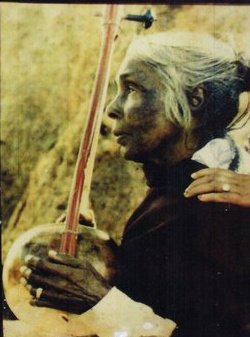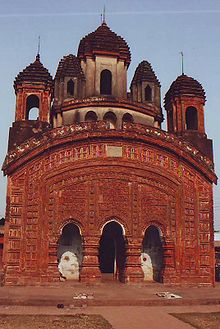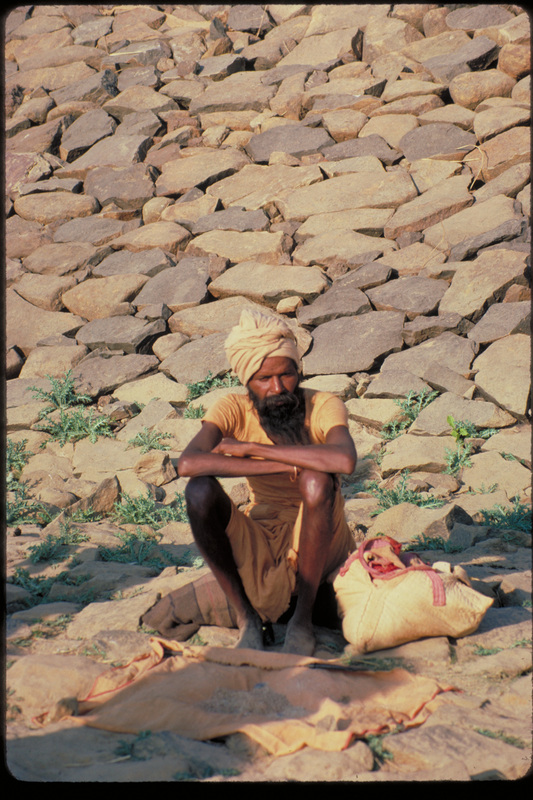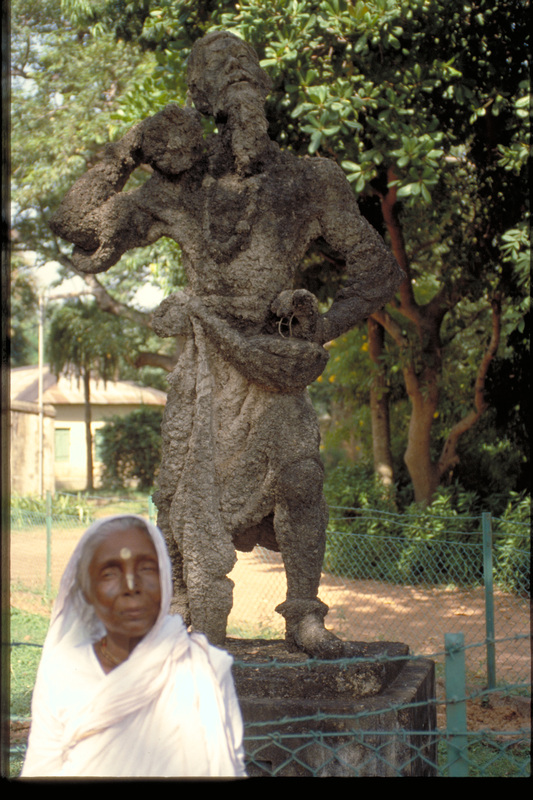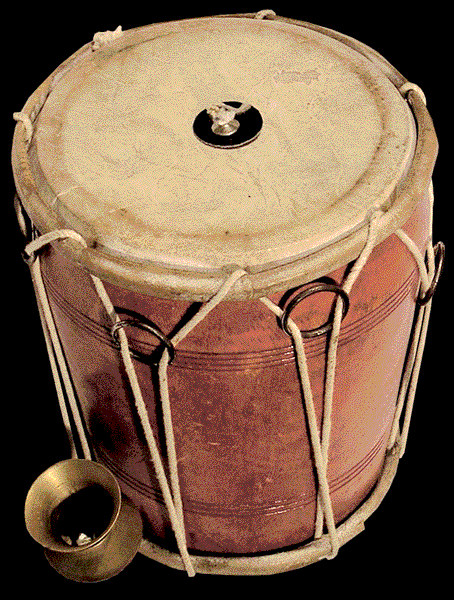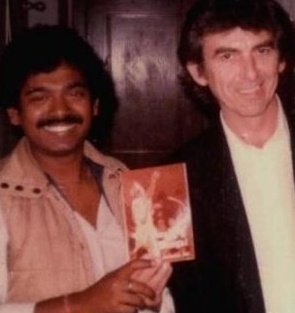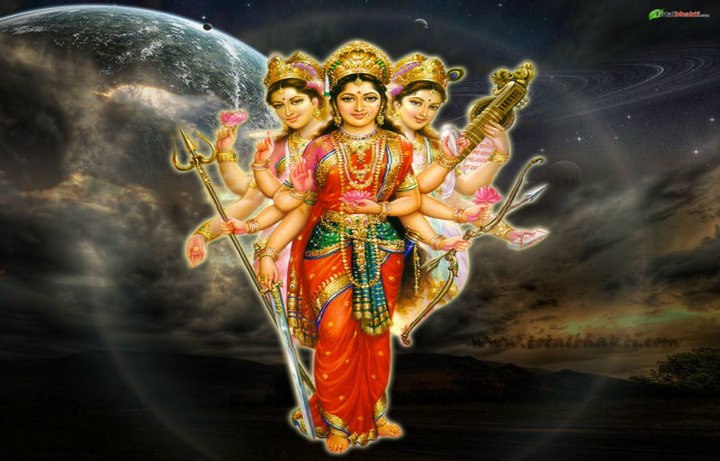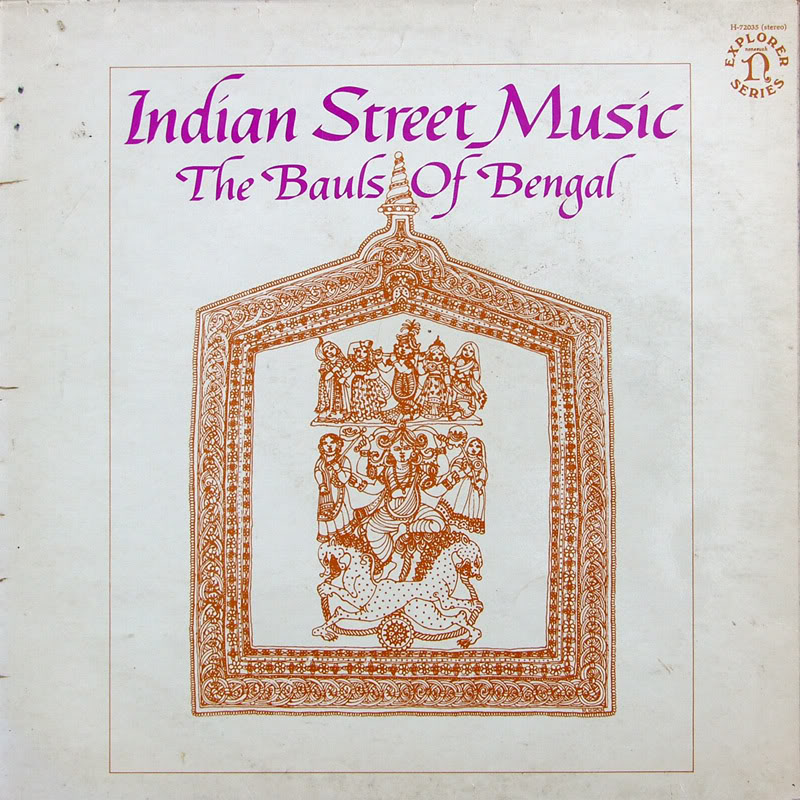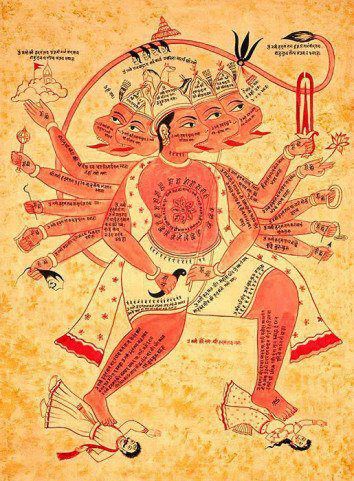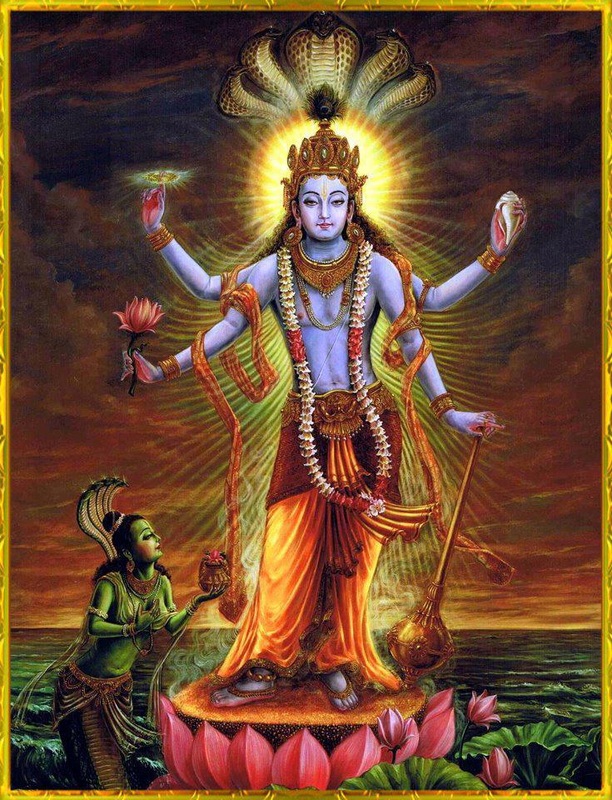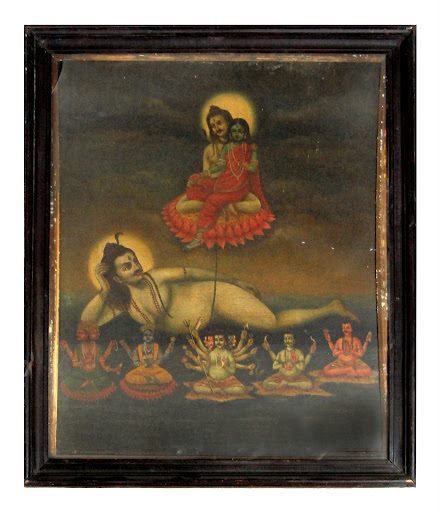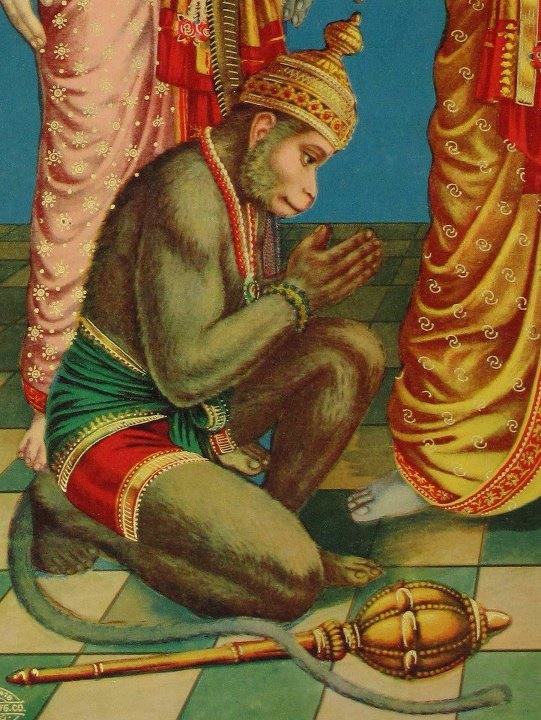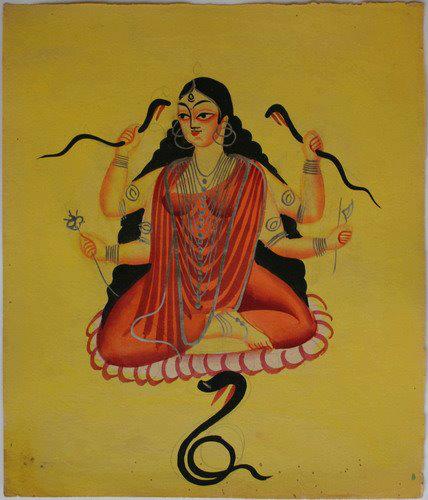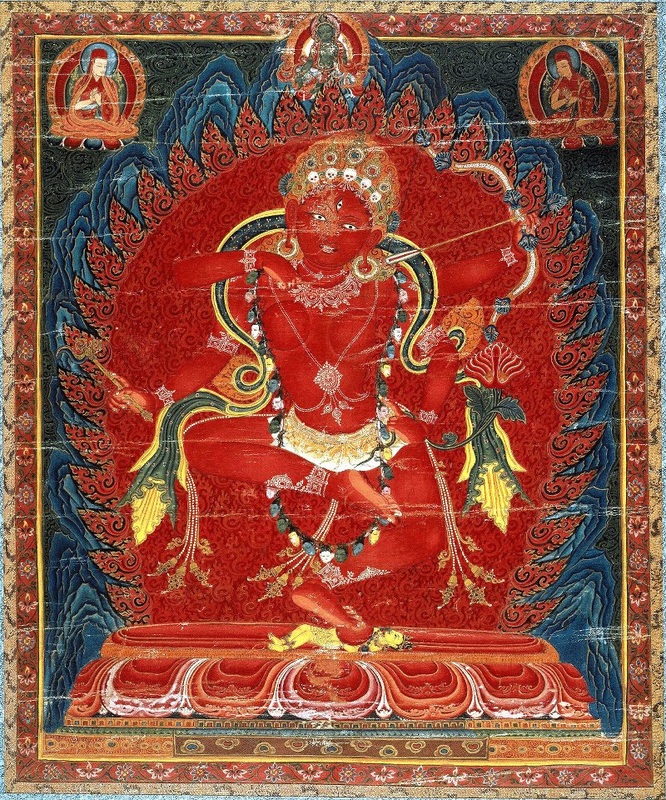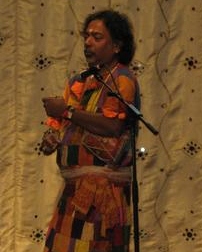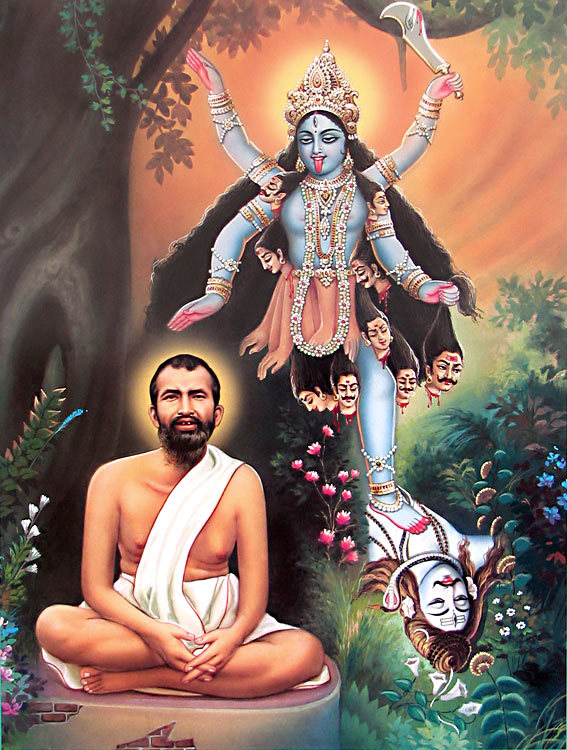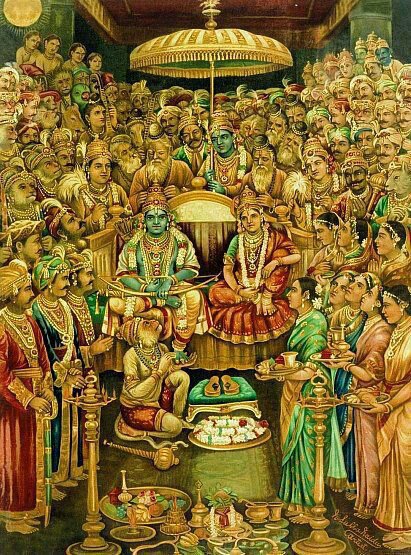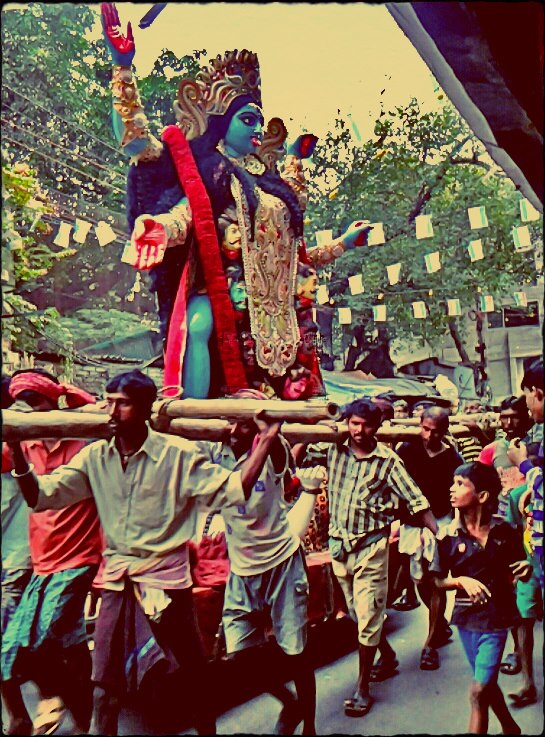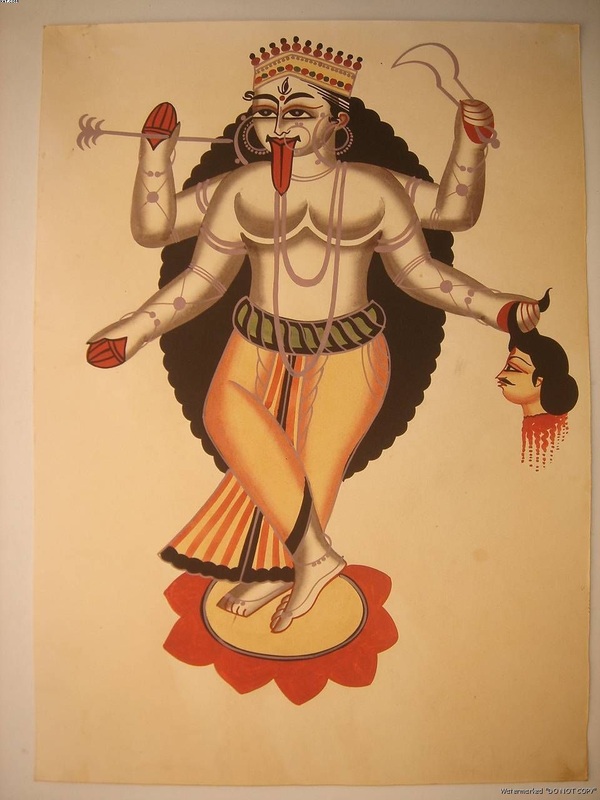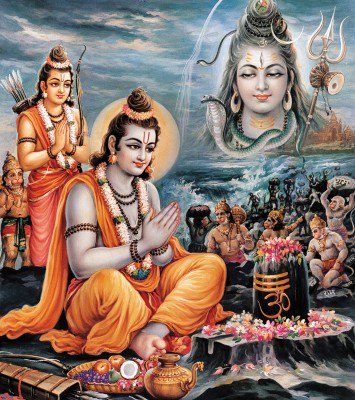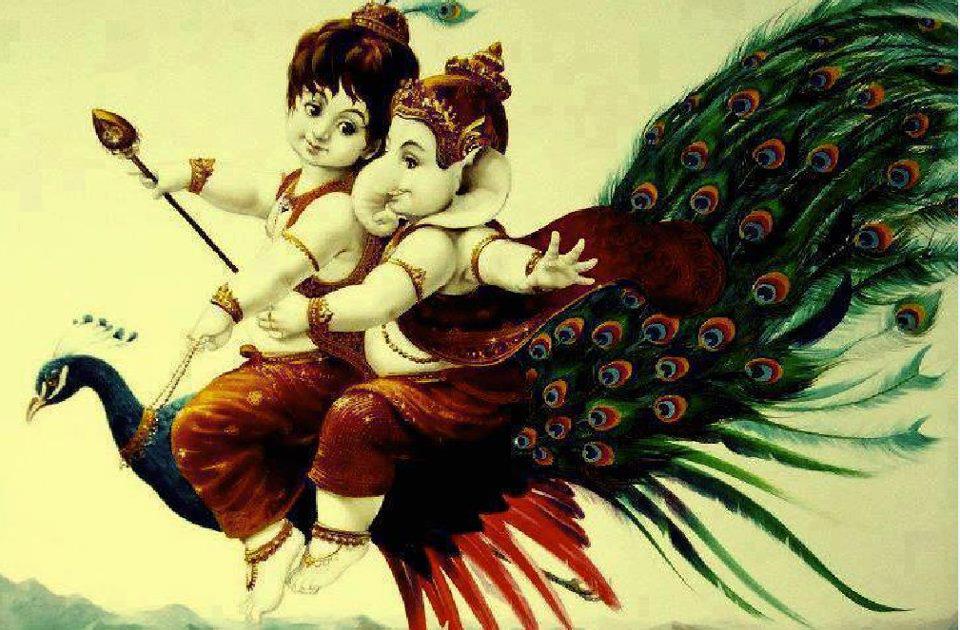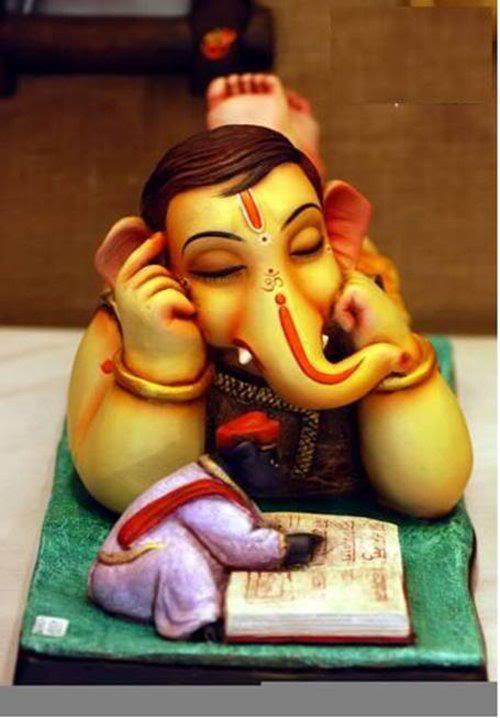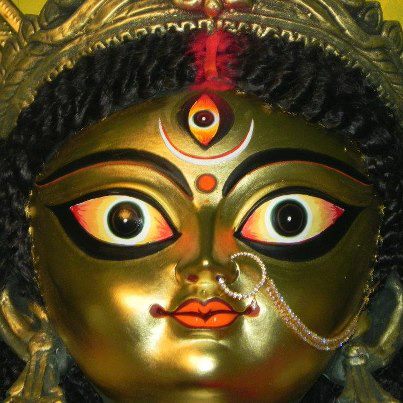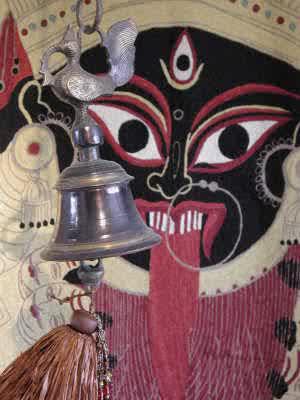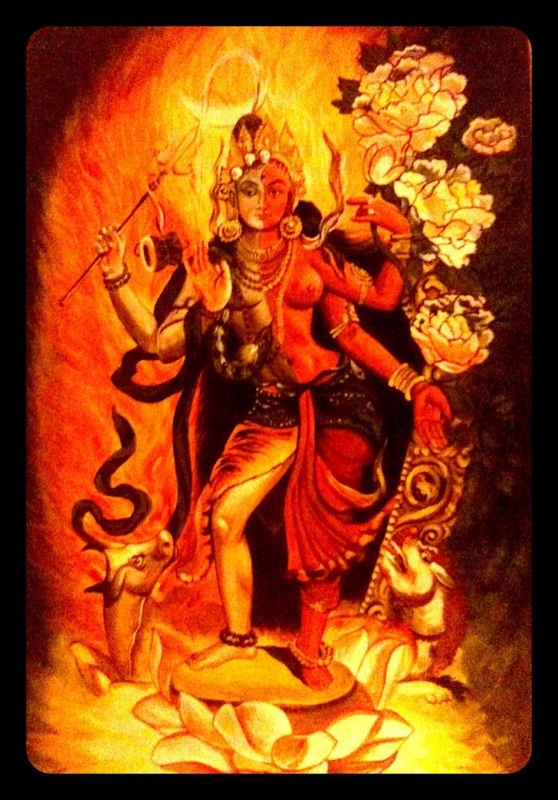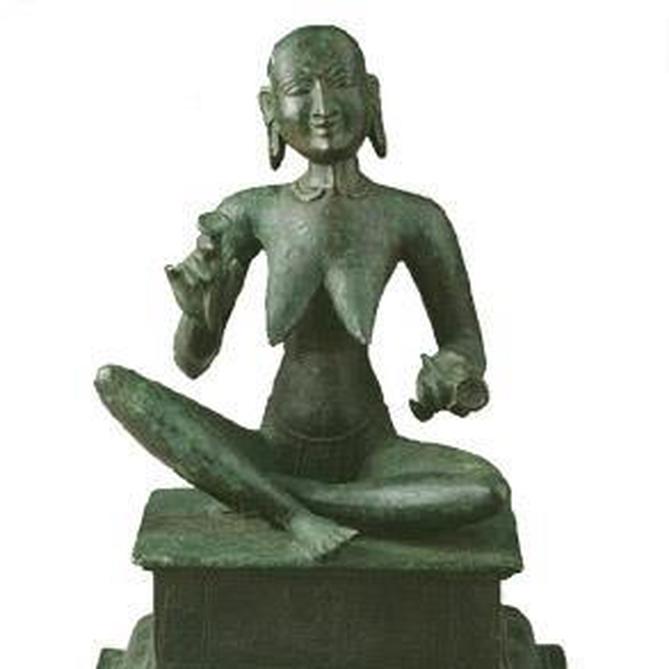
Devotion to a personal god intensified with the increase in Mother Goddess, Puranic, and Tantric writings. The personal god was the ultimate reality to whom the devotee directed a passionate and unswerving devotion and...service. Inevitably there arose bhaktas whose piety stood out above the rest. Eventually some of these sages were recognized as acharyas while others achieved near deitification and became saints. They were the Vaishnavite Alwars and Shaivite Nayanmaars. The Alwars and Nayanmaars stood shoulder to shoulder in the bhakti path with only one common goal of god
realization.
Ammaiyaar is one of the 63 Shaivite saints of Tamil Nadu.
It was a time in the holy land of India, when women broke their traditional
housewife-mother role to abandon home to wander the land seeking alms and made
their mark as women saints. Women were accepted as yoginis, as Mother Goddess
Devi manifested as woman saints, born on earth but endowed with deep
spirituality and other-worldly powers.
As Punithavathi, the young and beautiful woman beseeched Lord Shiva to divest her burden of her flesh. She
asked that she only watches and enjoys his Thandava. She prayed for days on end
without casting eyes on anything else. Miraculously what was witnessed was
Punithavathi taking shape as an emanciated skinny old woman with a smiling face
expressing her inner peace. She held with her her cymbals to sing Shiva’s glory
and was henceforth known as Mother Karaikkaal Ammaiyar.
PUNITHAVATHIYAAR: Kaaraikkal was an international trading city port in east
coast of the now Tamil Naadu. At present this is in the district of Pondicherry.
Thanathaththan, a successful trader and equally a man of austerities has a boon
in the name of Punithavathy. He took her for Goddess of Wealth visiting his home
as the beautiful child was serving the Lord even as she learnt to walk. In her
‘mazhaimozhi’ or child talk she expressed the Lord’s Thandava. She grew to be a
pretty women and marriage age reached her.
A proposal came for Nidhipathi, a trader from Nagapattinam for his son Paramadhaththan to be married
to Punithavathi. An auspicious day was fixed for a ritualistic wedding. However,
Thanathaththan could not bear the thoughts of his daughter going away. So, with
the consent of Nidhipathi, he sets up a house in Kaaraikkal. The couple were
blessed with part of his wealth. The son in law multiplied wealth as
Punithavathi went on serving the husband as a devoted and loving wife. Her
family duties did not hinder her devotion to Lord Shiva.
Once Paramadhaththan was gifted with two mango fruits and he duly sent them to
Punithavathi. She kept them to be tasted with the husband later. Then there was
a call and Punithavathi was for alms by an ascetic ‘wearing a serpent around
his neck.’ He was served and to compensate the side dish she sliced one of the
mangos. Punithavathi considered serving as a boon and the satiated ascetic
thanked her and left. Towards the evening Paramadhathathan came home for his
dinner. She served him the remaining mango along with food. Its exotic taste
prompted him to ask for the mango as well.
She could not refuse the husband. She removed herself in the pretext of getting the other mango, and
going behind she pleaded to Lord Shiva. ‘I only served you as your servant’ she
cried. Miraculously a mango appeared in her hands, which was duly served to the
husband. In her heart she kept thanking Lord Shiva. Now this fruit was more
delicious than nectar and the husband had his doubts with the varying tasted of
the two. At his persistence, Punithavathi could not deny the truth, so she
revealed everything that had transpired. The husband would not believe her and
insisted that she prove. She prayed to Almighty Shiva and yet again a fruit
miraculously appeared right in front of her husband. He tried to accept it from
Punithavathi’s hands but no sooner it touched, it simply disappeared.
Now, Paramadhaththan stated live in confusion and respects for Punithavathi
mixed with emotions. He would not touch her for her proven sacredness. Over time
loneliness bites him and he left Punithavathi, giving trade explorations as an
excuse. He settled in Pandiya kingdom, where indeed he becomes successful. He
married the daughter of the local merchant and sets up a new home with her.
Punithavathi spends her time by chanting the Lord’s name and living in his
glory. She served Shiva devotees in all ways she could. She did worry about the
delinquent husband who on the other hand considered her as a worshippable
goddess. His daughter by the second marriage was named as Punithavathi also.
One fine day, Punithavathi learns of the husband’s whereabouts and his
financial success. She goes to Pandiya kingdom with the help of relatives and
reaching the town gives advance notice. When she reached the house,
Paramadhaththan, his wife and children rushed forward to prostrate at her feet.
He tell her that the life he was living was her blessing and of his daughter
sharing her name.
While the relatives were petrified at his words, the
beautiful young lady of excellent love prayed to the God who got a blue throat
saving the universe from the poison that this being his decision, let thy grace
give me the form of the ghost that praises you always changing my beauty of
flesh. Punithavathi realized that her beautiful body of no more use to her. She
understood his mental condition, and prayed to the Lord, "In that case, Oh Lord,
deprive me of the present physical charm and let me have a demoniacal form." Her
prayer was immediately granted, with the mercy of mrityunjaya, she at once lost
her pretty body. It was transformed to a skeletal body; one worshipped by the
heavens. The crowd dispersed after everyone prostrated to her in her new form of
Kaaraikkaal Ammaiyar.
SPIRITUAL LIFE AND LITERATURE: Ammaiyar stood
tall but without any ego. Her new form was a spring of knowledge; a soul that
was unified with the Lord. He had sent her to enrich the Tamil world of His
glory. She then composed ‘Arpudha Thiruvandathi’ and by that singing became one
of the Shiva ganas praising the lotus feet of Shiva. She later sang a hundred
hymns in ‘Irattai Mani Malai Andhadhi. This work is also called
‘Thiruvirattaimanimaalai.’ She then proceeded to Kailasha with much enthusiasm.
Along the way people desisted the body of a skinny and frail woman and ran
away. Ammaiyar only thought of the Lord’s and moved on unperturbed. Finally
reaching Kailasha, she refused to touch it with her feet. It is said that she
crawled on her knees while some writings state that she climbed the hill on her
head.
Mother Shakti witnessed all this and was surprised of such
devotional deed “What a love it is, of that skeletal body that climbs the holy
hill with its head!!" and asked who Ammaiyar was. Lord Shiva replied “She who
comes is like the mother in taking care of Me. She worshipped and got this form
of fame." The Lord then gave darshan and referred to her as ‘Ammaiyee’ meaning
mother. It was now the world to get blessed. Ammaiyar then fell at the Lord’s
feet and cried “O Lord, my Father.” Shiva asked of a boon she wanted and she
asked for immortal blissful love for Him. “liberate me from taking birth again,
or if there is a birth, bless me with never forgetting You” and she was given
the boon.
Ammaiyar was asked to stay in the bliss by singing his glory
when He danced in Thiruvalannkadu. She crawled there, and seeing Him in
Thandava, she sang in bliss the ‘Muththa Naarpadhikam.’ The Thandava with his
matted hair sent her eternal happiness to revere His lotus feet. Ammaiyar then
sang another thirupadikham, the ‘Etti Ilavammlkai.’ She composed her hymns at
the sacred banyan forest of Thiruvalannkaadu, and in them, she created stunning
imagery of the destruction of the human body meshing with the cosmic forces.
Of Ammaiyar, others were to describe ‘sagging breasts and swollen veins,
protruding eyes, bare white teeth, skeletal legs and knobbly knees had this
female ‘pey’ (ghost). She lingers, weeps and wails, and wanders aimless in the
forest; there, holding fire but cool of limbs, Siva dances his cosmic dance –
this forest, this sacred Alankattu, is the home of our Supreme Lord.’
Thereafter she settled in Kailash. Kaaraikkal Ammaiyar lived before the times of
Thirunyanasambandar. Ammaiyar was the first to sing in the padhikham construct
of hymns. Thus Ammaiyar’s padhikam is referred to as ‘Muuththa Thiruppadhikam’
meaning the elder of the padhikams.
BHAKTI:
Bhakti or true devotion is more than a state of mind. It transcends existence.
There are nine types of bhakti:
1. Shravan bhakti - listening to the discourses of the Lord
2. Kirtan
bhakti - singing the praises of god
3. Smaran bhakti - reminiscing about the Lord
4. Padsevan bhakti - physically serving the Lord
5. Archan bhakti - performing devotional ceremonies, e.g. aarti, applying chandan to the Lord’s
forehead, mahapooja
6. Vandan bhakti - bowing and prostrating before the Lord
7. Dasya bhakti - always remaining the Lord’s devout servant
8. Sakhya bhakti - having a rapport with the Lord so that there remains a total faith in His
commands and His wishes are implicitly obeyed
9. Samarpan bhakti - offering all, wealth, body and soul to the Lord.
However, However, very few attain a state a state of total surrender to the supreme, where you stop seeking divine support to survive, to heal, to cure or just material richness or well being but instead
submit in soul, spirit and beyond to become one with the supreme.
Karaikkaal Ammaiyar had such a state of mind. It is not possible to describe her
bhakti - sheer bliss as you commune with the omnipotent, in words. It can be
comprehended from her own words from the 12th Thirumurai which condences the
essence of her bhakti: “I wish for the immortality of my love of you, for I do
not wish for rebirth, however, if i were reborn, I want to be born again as your
devotee, never forgetting you, and above all those wishes i pray for this wish -
i want to see you dance to my joyful singing and that i want to witness seated
at your beloved feet”
Om Nama Shivaya.
Yogi Ananda Saraswathi
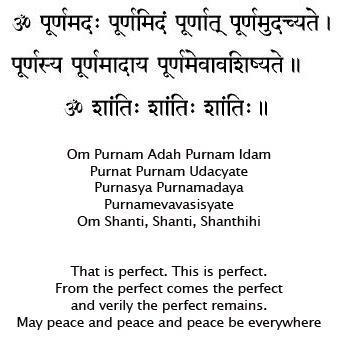
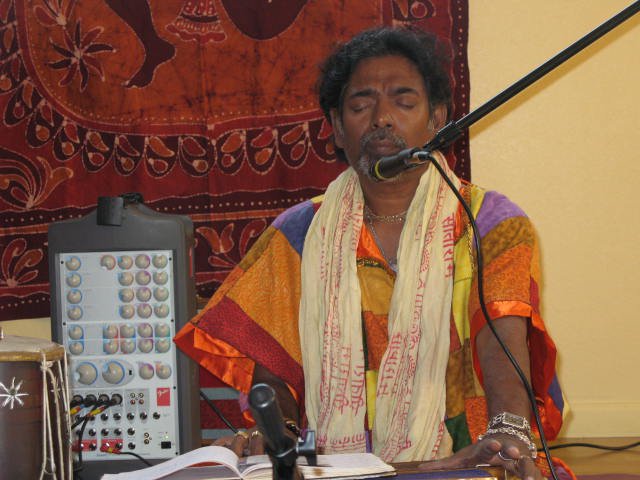
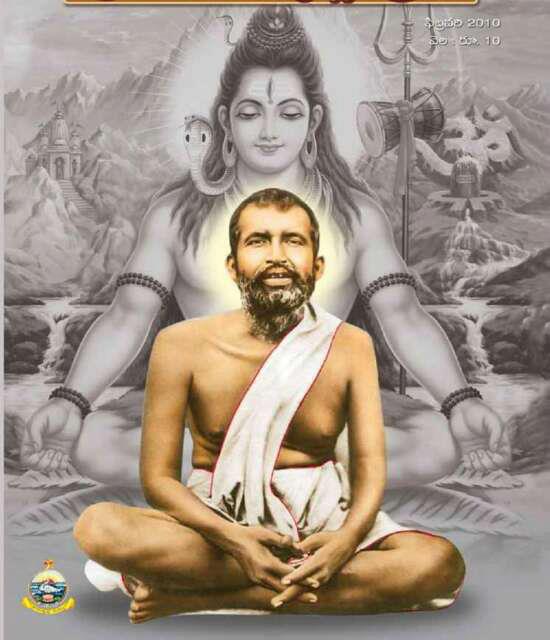

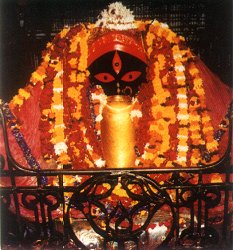
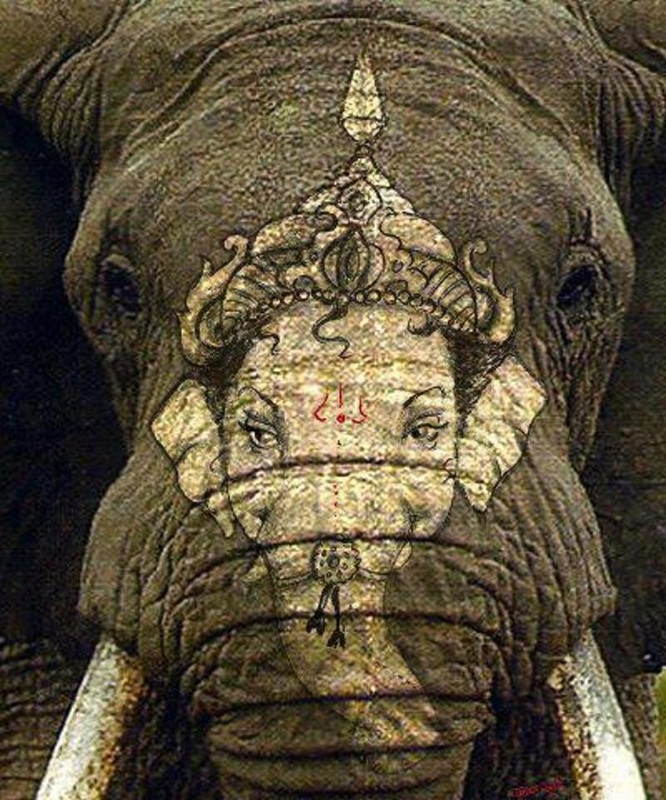
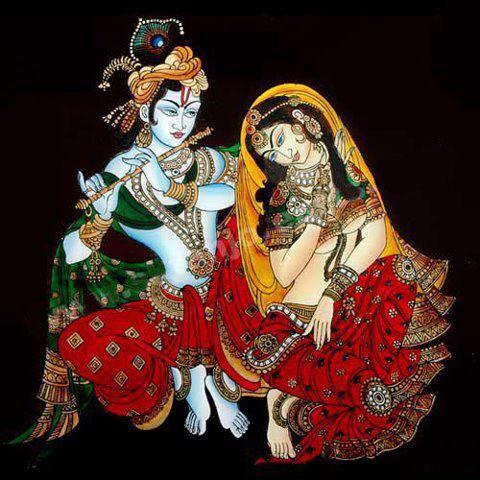
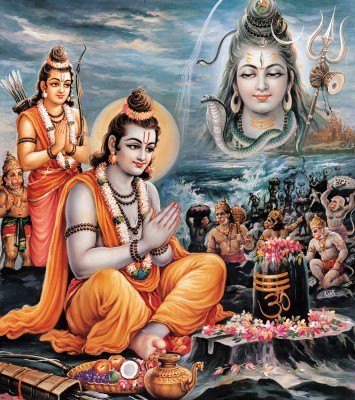
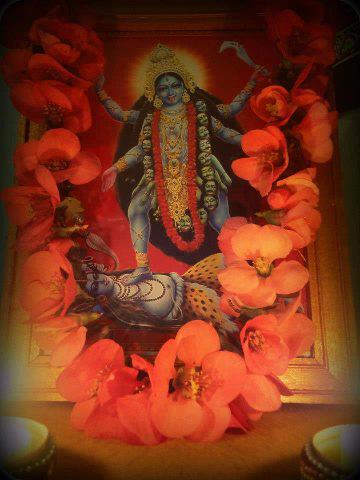
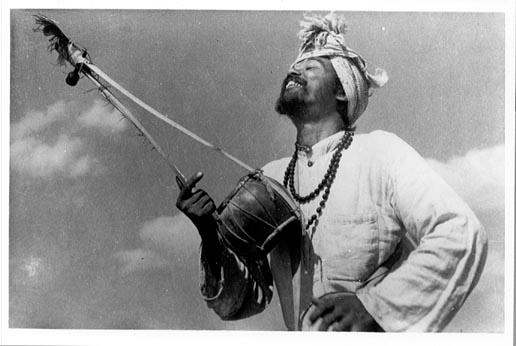
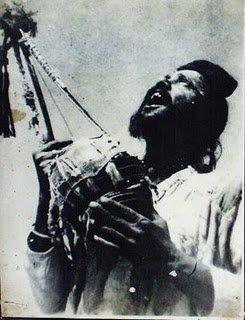
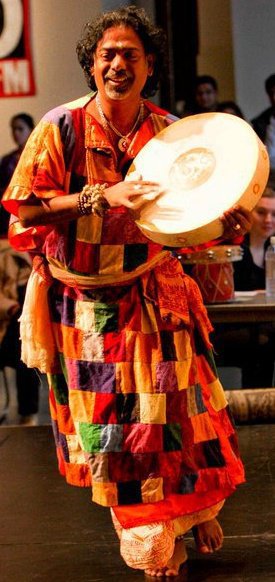
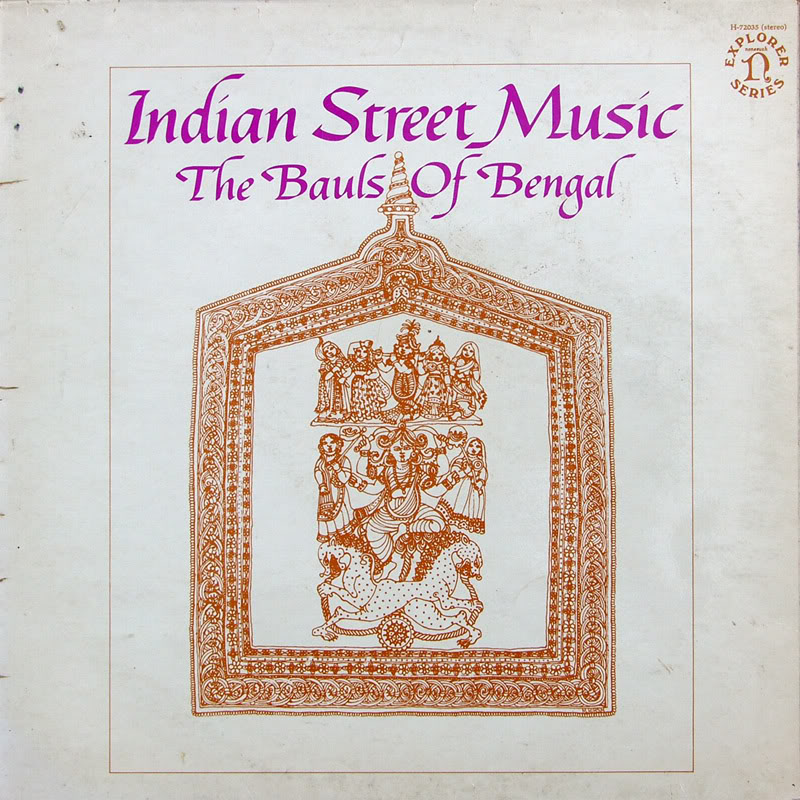
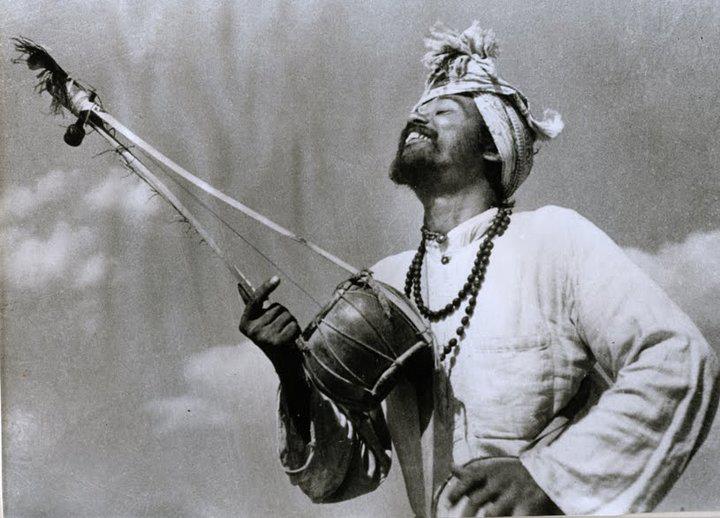

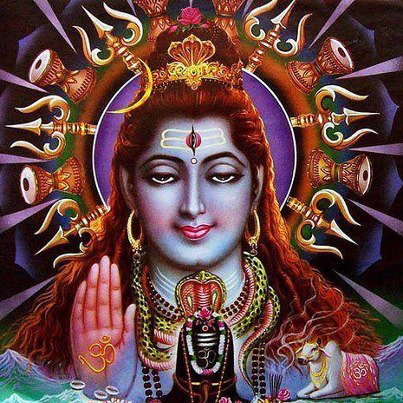
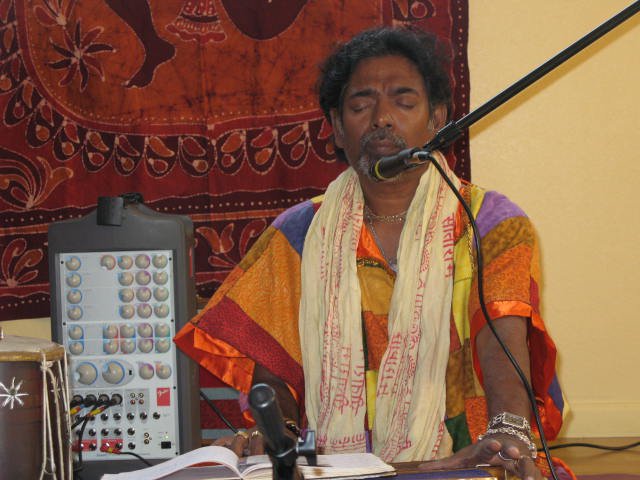
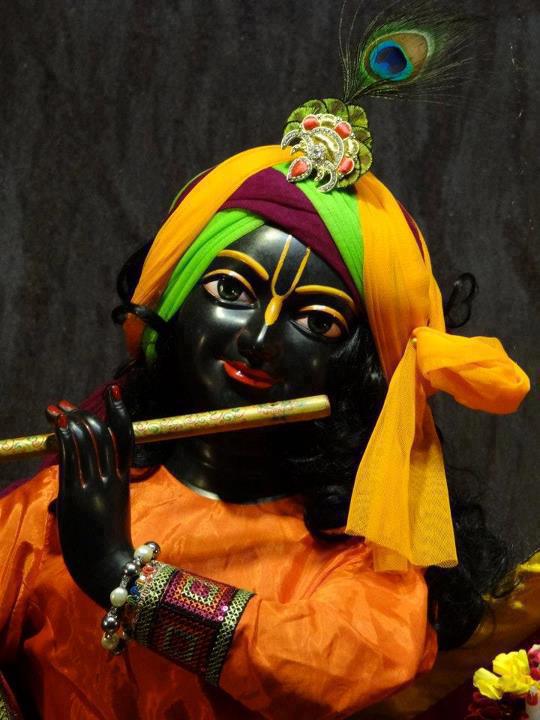
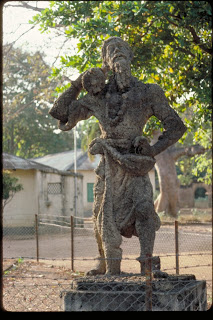
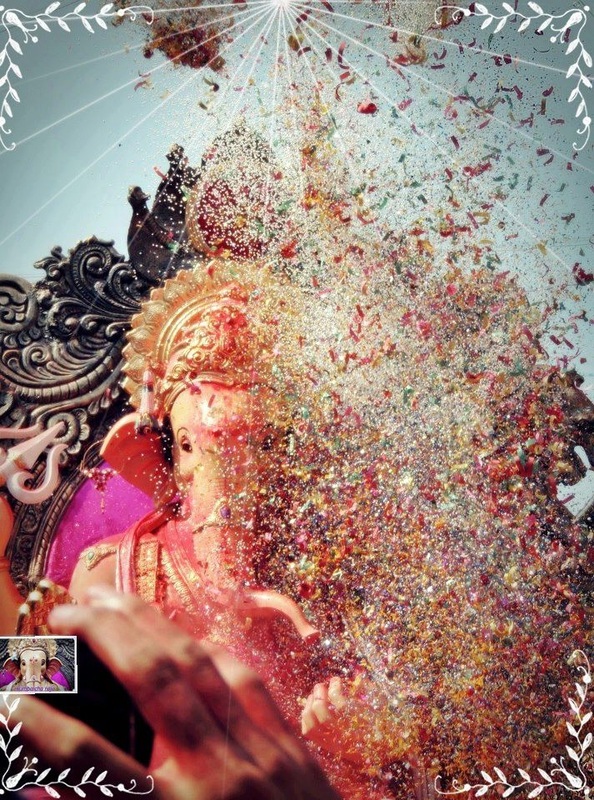
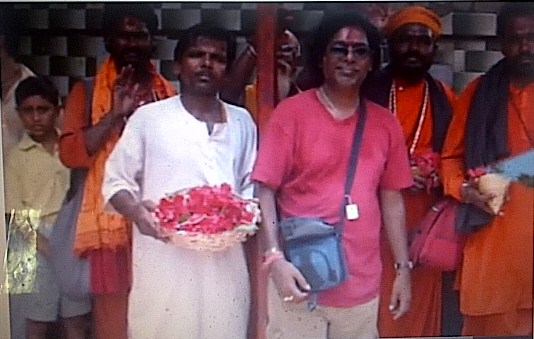
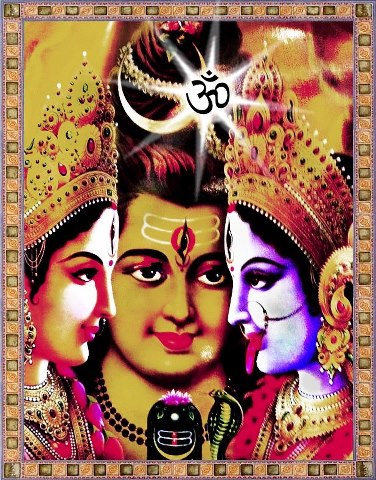
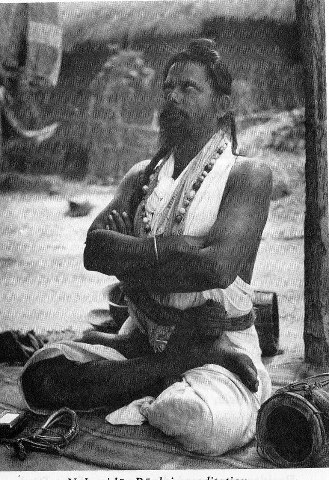
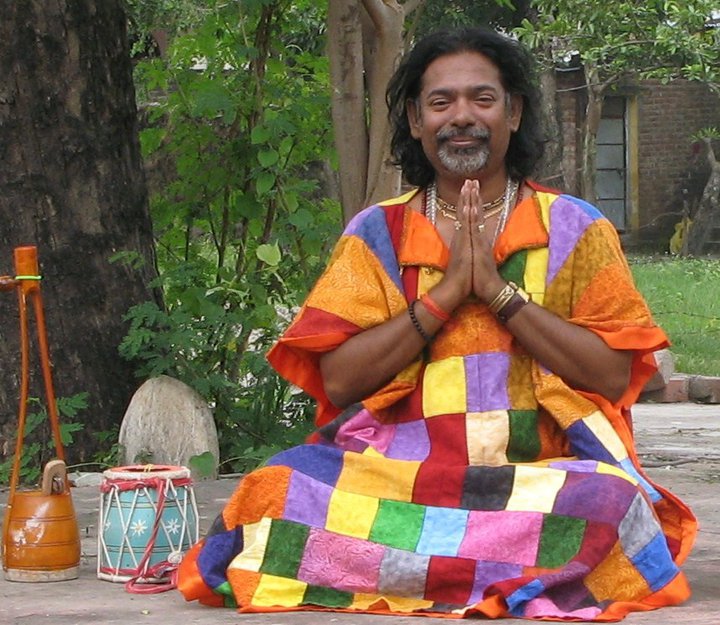
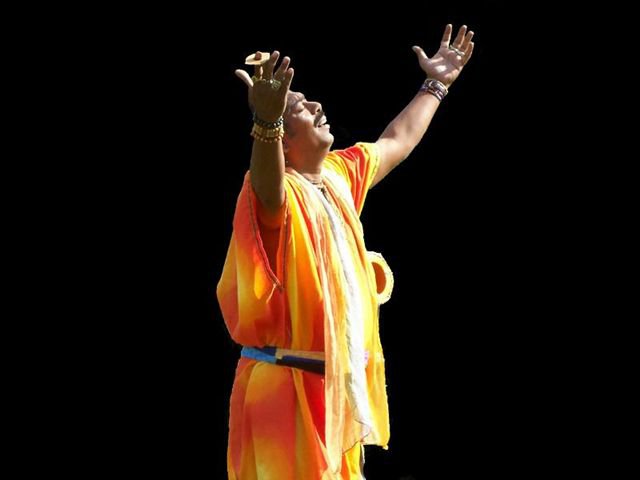
 RSS Feed
RSS Feed
